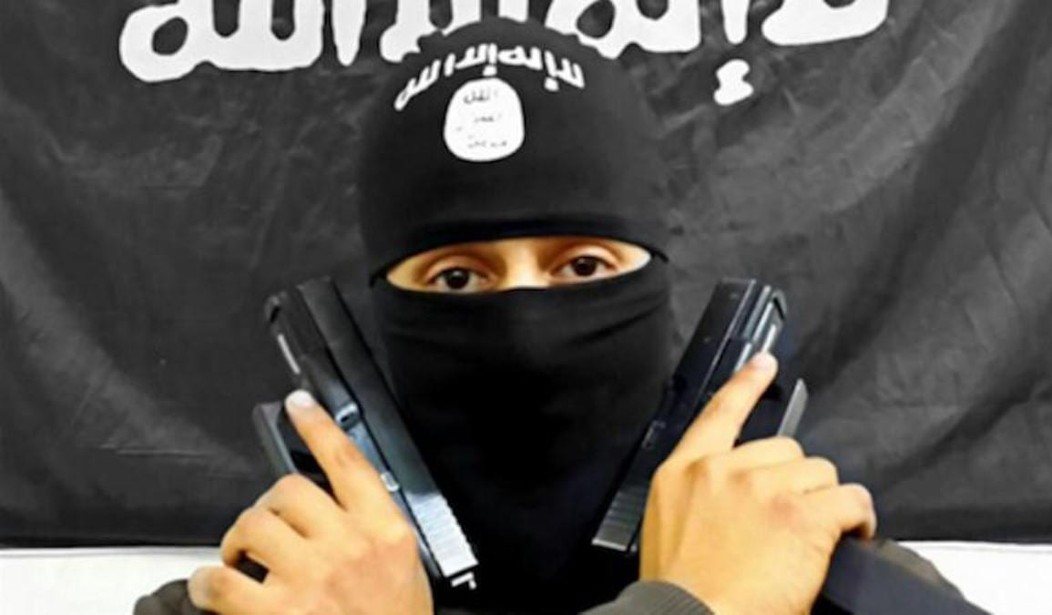SILVER SPRING, Md. – Immigration advocates sounded off Monday against what they called the Muslim ban 2.0, referring to President Trump’s latest attempt to curtail travel from six predominantly Muslim countries.
The event was hosted by the refugee services nonprofit HIAS, one of the plaintiffs suing the Trump administration over the constitutionality of the travel ban. Trump, during his run for president, advocated a “complete shutdown” of Muslim entry into the country. Individuals appearing Monday described what they say is the fallout from Trump’s campaign rhetoric and shift in immigration policy.
Zainab Chaudry, spokeswoman for the Council on American–Islamic Relations, said her organization recently made contact with a legal permanent resident from Iran, whose attorney discouraged him from returning home to bury his dead mother. The attorney would not guarantee that the Iranian man would be able to re-enter the United States after the burial, Chaudry said.
“The question in our minds is not just whether it’s legal, but it’s also whether it’s moral,” Chaudry said. “If we look at history, slavery was legal at one time. Jim Crow was legal at one time, but that does not make it moral.”
Trump on March 6 amended his original executive order issued in January, “Protecting the Nation from Foreign Terrorist Entry into the United States.” The latest iteration ordered a 120-day ban on refugee resettlement and a 60-day travel ban for citizens from Iran, Syria, Libya, Somalia, Sudan and Yemen.
A federal judge in Hawaii last week issued a temporary restraining order against critical parts of the travel ban, citing Trump’s campaign statements about a complete Muslim shutdown as evidence of discrimination. U.S. District Court Judge Derrick Watson, an Obama appointee, also denied the administration’s appeal.
Sen. Ben Cardin (D-Md.), speaking at Monday’s event in Silver Spring, said the meeting was an attempt to “put a face” on the fight against Trump’s immigration policies.
“With what the president has done, there is nothing positive that you can say about it,” Cardin said. “It does not speak to American values. This is a country that embraces diversity. This is a country whose ideals globally are to have welcome signs, not walls.”
South Asian Americans Leading Together (SAALT), an advocate for minority civic engagement, has been recording statistics for hateful rhetoric and violence against Asian, Muslim and Arab communities since the 2015 San Bernardino terrorist attack, a California mass shooting in which 14 people were killed. The assault was carried out by a married couple with Pakistani roots. SAALT director of national policy and advocacy Lakshmi Sridaran said the group anticipated backlash against Muslim groups. She said the organization recorded 140 incidents of violence against minority communities and 67 incidents of xenophobic political rhetoric from the 2015 shooting through the 2016 election. About 95 percent of the violence was a result of anti-Muslim sentiment, she said, and 20 percent of the rhetoric was delivered by Trump himself.
“We feel we need to call out the policies of this administration for what they are,” she said. “In this case, no matter the legal gymnastics, this is the Muslim ban 2.0.”
Jameel Aalim-Johnson, president of Prince George’s County Muslim Council, said the Trump campaign sounded a “dog whistle” that has emboldened white nationalists to target individuals who don’t fit their image of “a true American.” He said the impact has been felt not only by Muslims but by Jews, Latinos, Asians and others, as well.
“A matter of fact, the one thing I can say that the president has done well is really help unite a lot of (minority groups),” he said.
The International Rescue Committee has resettled more than 10,000 refugees throughout the Maryland area, reporting 1,500 in 2016 alone. The organization leads efforts in providing refuge for minors facing the threat of gang violence in countries like Guatemala, El Salvador and Honduras. Preethi Nampoothiri, a deputy director with the organization, said the interview process for the program has come to a halt with the current landscape for immigration policy.
“We have families calling us, that their children cannot leave their houses because the gangs are threatening them on a daily basis,” she said.









Join the conversation as a VIP Member